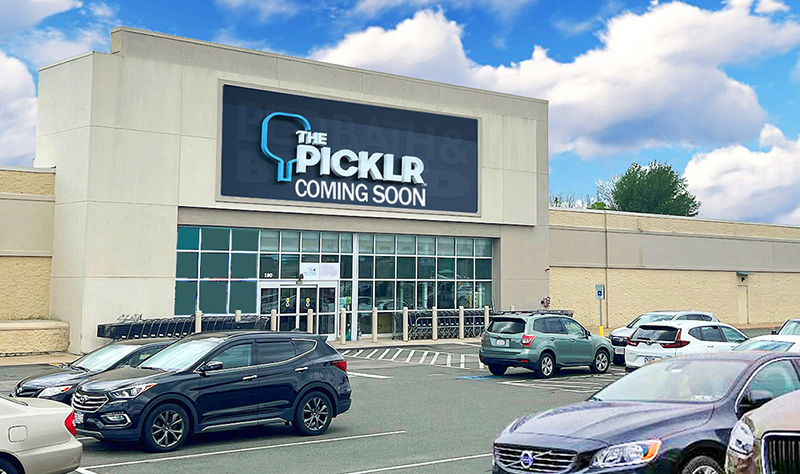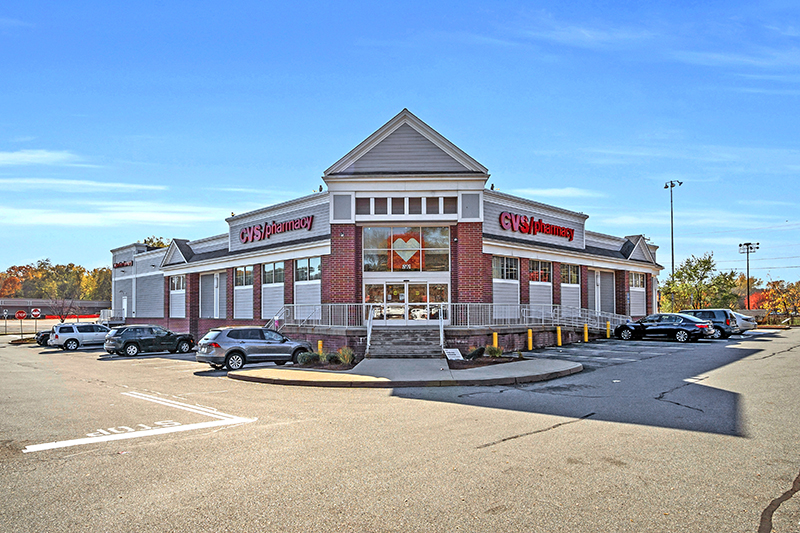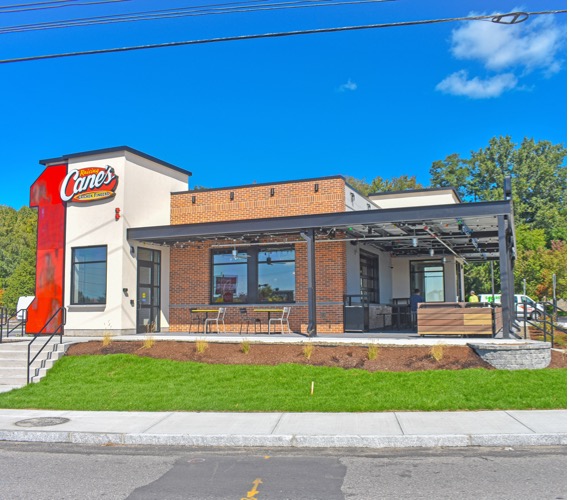News: Retail
Posted: August 23, 2012
1031 Exchanges: Making a good idea better by saving taxes and maximizing reinvestment of capital
With the real estate market heating up, it may be time to assess whether to sell - or buy. In some markets, there are actually shortages of single-family homes because home building slowed so dramatically during the recession. Some commercial real estate markets are showing improvement too, but generally potential buyers of commercial properties are not faced with a shortage of properties. Owners of desirable property in desirable markets may have been waiting for an improved market to sell their property, and with the worst of the downturn behind us, more properties may be coming on the market in months ahead. There are many deals still to be had, and if you want to buy real estate as well as sell real estate, then in addition to getting a deal, you might also get tax deferral on the sale of your property by using a 1031 exchange.
Many of you are old pros at 1031 like-kind exchanges and some of you may be considering one for the first time. Real estate exchanges are the easiest to structure because most real property is considered "like kind" to other real property. This means that the real estate you want to sell is likely to be "like kind" to almost any other form of real estate that you could want to buy.
From a tax perspective, the 1031 tax regulations provide a "safe harbor" for executing an exchange that will qualify for tax deferral. These regulations provide a procedural roadmap that the vast majority of potential exchangers can easily follow and that also provides assurance that the exchange will not be challenged by the IRS. One of the hallmarks of these regulations is the use of a qualified intermediary (QI) to create an exchange from what is typically a sale of property by the taxpayer to a third party followed by a purchase of "like kind" property by the taxpayer from yet another third party.
What is missing from this IRS roadmap are any rules that QIs must follow in handling a 1031 exchange. A number of states have enacted laws to regulate QI operations, but those laws are limited to the geographic boundaries of those states and apply to a rather limited subset of QI operations. So you need take the initiative to thoroughly examine how a QI operates.
Particularly in the current economic environment, it makes good sense to carefully scrutinize a potential QI before giving them your money. Here are some factors to consider when selecting a QI:
* Real estate experience. Does the QI have the experience to understand the unique issues faced by real estate owners that want to structure a 1031 exchange? Maximixing the tax and financial power of your exchange means working with a QI that has the expertise to handle a complex, high value exchange.
* QI audits. Prior to using the QI, find out if they undergo an annual financial audit. This will help vet the QI's financial stability and accounting practices. Better yet, see if they undergo an annual compliance audit, such as the SSAE 16 audit, which demonstrates a commitment to quality control.
* Transparency. Insist on 24/7 visibility of your exchange funds and require an on-demand accounting of those funds.
* Funds liquidity. Using bank depository instruments that provide 100% daily liquidity ensures that your exchange is secure.
* Segregation of funds. All exchange funds should be held in properly structured accounts at financially secure banks. Exchange funds should be segregated from the QI's operating funds and from the funds of other exchangers. For superior protection, demand that your funds be held in a trust or escrow account.
* Read the exchange agreement. If the QI claims to have exclusive dominion and control over your exchange funds, your bankruptcy protection may be seriously compromised. Find another QI with documents that protect your funds.
* Push for an independent QI. An independent QI is not beholden to a bank or title company and has more freedom to work with you to bank where you want the exchange funds to be held and to negotiate deal terms. Also, separation of the QI and the depository institution may help to provide bankruptcy protection for exchange funds.
1031 exchanges are a proven strategy for saving taxes and maximizing the reinvestment of capital. Following these best practices can help you select a QI that is part of a secure, transparent and compliant exchange and most importantly provides you with a successful exchange.
Kelly Alton is general counsel and executive vice president of NES Financial, San Jose, Calif.
Tags:
Retail
MORE FROM Retail
Mace of KeyPoint Partners negotiates 36,192 s/f lease for The Picklr at Endicott Square
Danvers, MA KeyPoint Partners (KPP) negotiated a lease with the nation’s premier indoor pickleball venue The Picklr at Endicott Sq. Vice president of retail brokerage Don Mace negotiated the transaction on behalf of the landlord.

Quick Hits




.jpg)


